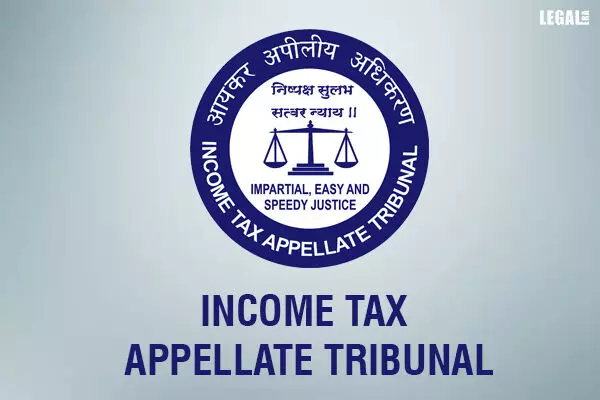- Home
- News
- Articles+
- Aerospace
- Agriculture
- Alternate Dispute Resolution
- Banking and Finance
- Bankruptcy
- Book Review
- Bribery & Corruption
- Commercial Litigation
- Competition Law
- Conference Reports
- Consumer Products
- Contract
- Corporate Governance
- Corporate Law
- Covid-19
- Cryptocurrency
- Cybersecurity
- Data Protection
- Defence
- Digital Economy
- E-commerce
- Employment Law
- Energy and Natural Resources
- Entertainment and Sports Law
- Environmental Law
- FDI
- Food and Beverage
- Health Care
- IBC Diaries
- Insurance Law
- Intellectual Property
- International Law
- Know the Law
- Labour Laws
- Litigation
- Litigation Funding
- Manufacturing
- Mergers & Acquisitions
- NFTs
- Privacy
- Private Equity
- Project Finance
- Real Estate
- Risk and Compliance
- Technology Media and Telecom
- Tributes
- Zoom In
- Take On Board
- In Focus
- Law & Policy and Regulation
- IP & Tech Era
- Viewpoint
- Arbitration & Mediation
- Tax
- Student Corner
- AI
- ESG
- Gaming
- Inclusion & Diversity
- Law Firms
- In-House
- Rankings
- E-Magazine
- Legal Era TV
- Events
- News
- Articles
- Aerospace
- Agriculture
- Alternate Dispute Resolution
- Banking and Finance
- Bankruptcy
- Book Review
- Bribery & Corruption
- Commercial Litigation
- Competition Law
- Conference Reports
- Consumer Products
- Contract
- Corporate Governance
- Corporate Law
- Covid-19
- Cryptocurrency
- Cybersecurity
- Data Protection
- Defence
- Digital Economy
- E-commerce
- Employment Law
- Energy and Natural Resources
- Entertainment and Sports Law
- Environmental Law
- FDI
- Food and Beverage
- Health Care
- IBC Diaries
- Insurance Law
- Intellectual Property
- International Law
- Know the Law
- Labour Laws
- Litigation
- Litigation Funding
- Manufacturing
- Mergers & Acquisitions
- NFTs
- Privacy
- Private Equity
- Project Finance
- Real Estate
- Risk and Compliance
- Technology Media and Telecom
- Tributes
- Zoom In
- Take On Board
- In Focus
- Law & Policy and Regulation
- IP & Tech Era
- Viewpoint
- Arbitration & Mediation
- Tax
- Student Corner
- AI
- ESG
- Gaming
- Inclusion & Diversity
- Law Firms
- In-House
- Rankings
- E-Magazine
- Legal Era TV
- Events
ITAT Rules Against Protective Addition In Absence Of Substantive Addition

ITAT Rules Against Protective Addition In Absence Of Substantive Addition
The assessee submitted that the proceedings initiated under Section 147 of the Income Tax Act were time-barred
The Delhi Bench of the Income Tax Appellate Tribunal (ITAT) has held that protective addition presupposes the existence of substantive additions. Thus, there can be no protective addition in the latter’s absence.
The Bench of Yogesh Kumar U.S. (Judicial Member) and Pradip Kumar Kedia (Accountant Member) observed that the assessment order was passed against the assessee on 28 December 2016. To protect the interest of the revenue department, additions were made in the hands of the assessee firm on a protective basis.
The tribunal also noted that since both partners of the firm admitted and owned the introduction of Rs.67,50,000 from their own source to the assessee firm, and in the absence of any plausible explanation furnished by them, the reassessment proceedings were initiated separately to tax the amount.
The assessee/appellant derived income from the wholesale business of scrap. His case was selected for scrutiny. During the assessment proceedings, it was noticed from the balance sheet that an addition of Rs.67,50,000 was made to the firm. A show-cause notice was issued to the assessee enquiring why the addition to partners’ capital accounts amounting to Rs.67,50,000 should not be added back to the assessee’s income.
The assessee contended having submitted that the assessment proceedings initiated under Section 147 of the Income Tax Act against the partners of the assessee firm were dropped on account of the same becoming time-barred. Therefore, substantial additions do not survive.
The tribunal held that since the substantive addition did not survive, the protective addition would also not endure.



